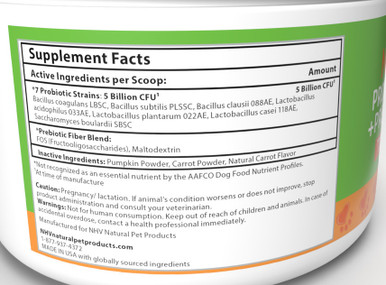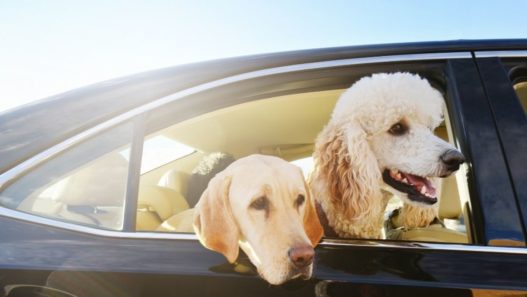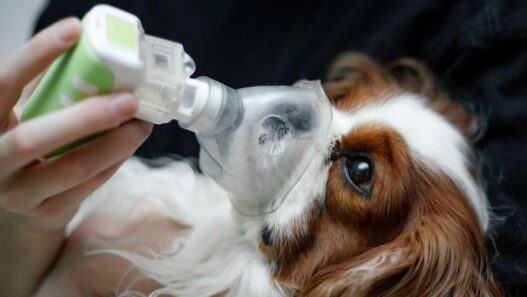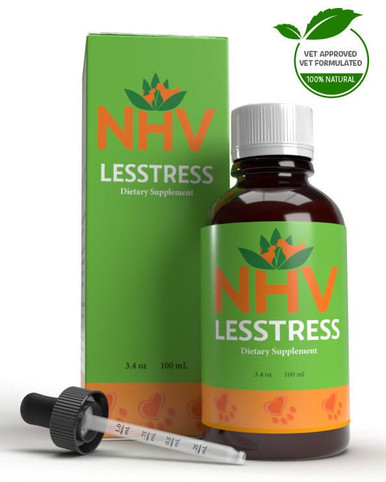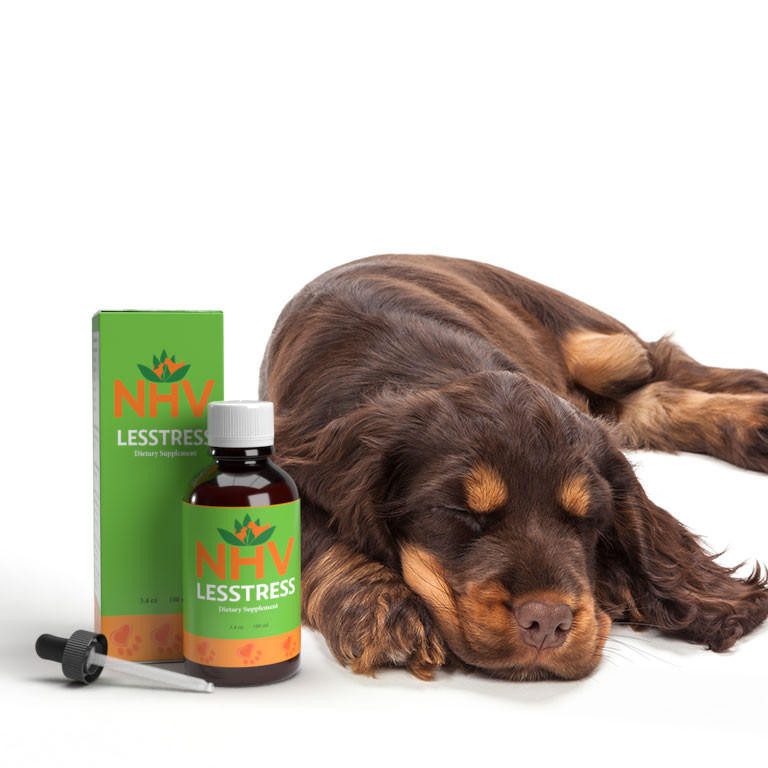

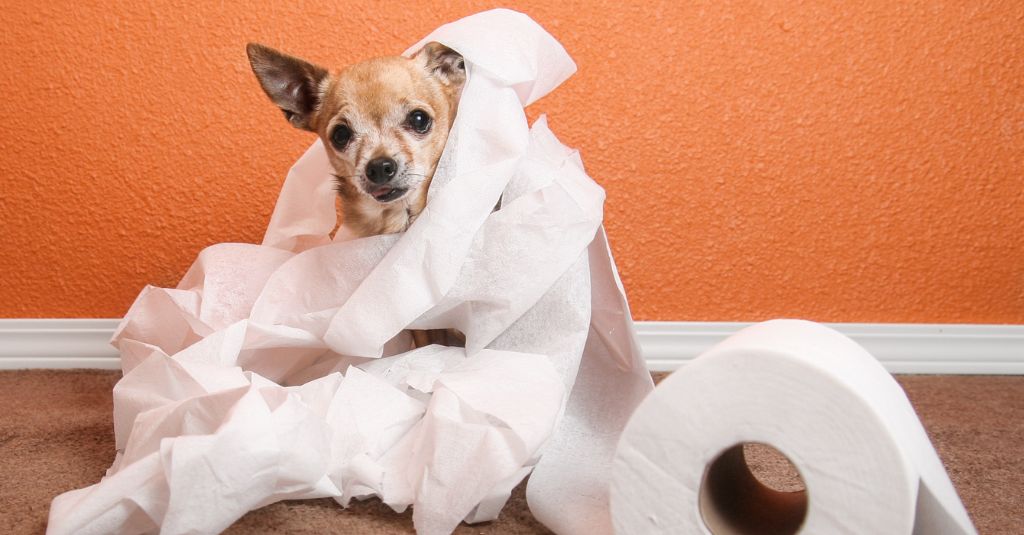
While accidents happen, a dog pooping in the house can be a frustrating and puzzling experience for pet parents. Whether it’s a sudden change or a recurring issue, understanding the reasons behind this behavior is the first step in addressing it effectively. Let’s explore why your dog might be pooping indoors, and what you can do to resolve it while supporting their overall well-being.
Why Dogs Poop in the House
First, there are several reasons your dog may start pooping indoors. Identifying the cause is key to finding the right solution:
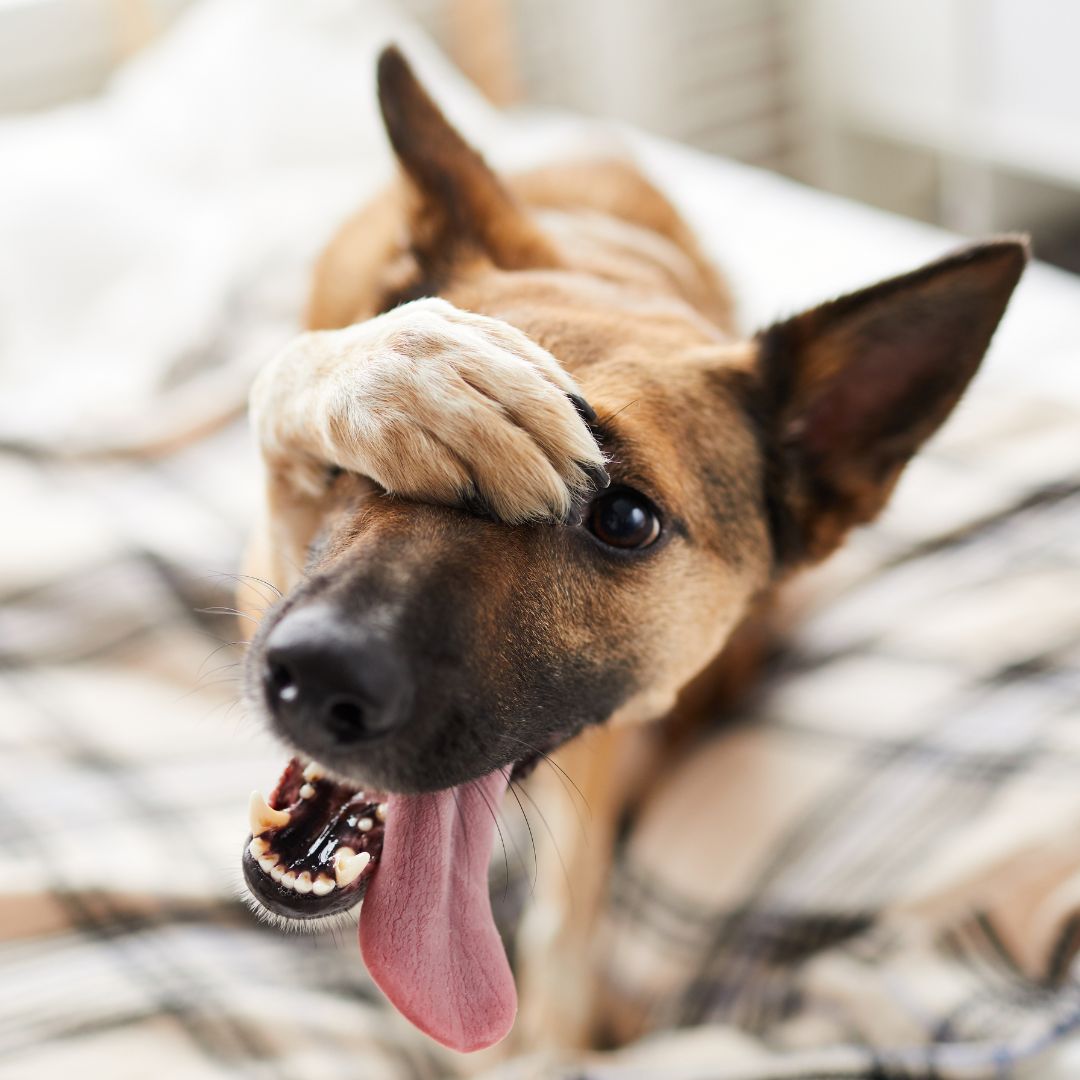
- Medical Issues
Health problems such as gastrointestinal upset, infections, parasites, or conditions like inflammatory bowel disease can lead to accidents. Older dogs may also suffer from age-related conditions such as incontinence. - Anxiety and Stress
Dogs are sensitive creatures, and changes in their environment or routine can trigger stress or anxiety. Moving to a new home, the arrival of a new pet, or even loud noises can lead to indoor pooping. - Improper Training
If a dog hasn’t been adequately house-trained or their training wasn’t reinforced consistently, accidents can occur. Puppies and recently adopted dogs are especially prone to this.
4. Changes in Routine
A disruption in your dog’s daily schedule, such as irregular feeding or potty times, can confuse them and lead to accidents. Dogs thrive on consistency.
5. Age-Related Changes
Senior dogs may experience cognitive decline or reduced control over their bowels, making them more prone to accidents.
When to Be Concerned: Signs of Health Issues
While some accidents are behavioral, others may indicate underlying health problems. Seek veterinary attention if your dog shows any of these signs:
- Frequent diarrhea or constipation.
- Blood or mucus in stool.
- Vomiting or a noticeable decrease in appetite.
- Lethargy or signs of pain during bowel movements.
- Straining to defecate or unusual postures.
Addressing potential medical concerns promptly can ensure your dog receives the care they need.
How to Address the Behavior: Step-by-Step Guide
- Rule Out Medical Issues
Consult your veterinarian to eliminate any health problems as the cause of indoor pooping. - Reinforce House Training
o Supervise your dog closely and reward them for pooping outside.
o Use a command like “Go potty” to create an association with outdoor elimination.
o Clean accidents thoroughly to remove lingering odors that might encourage repeat behavior.
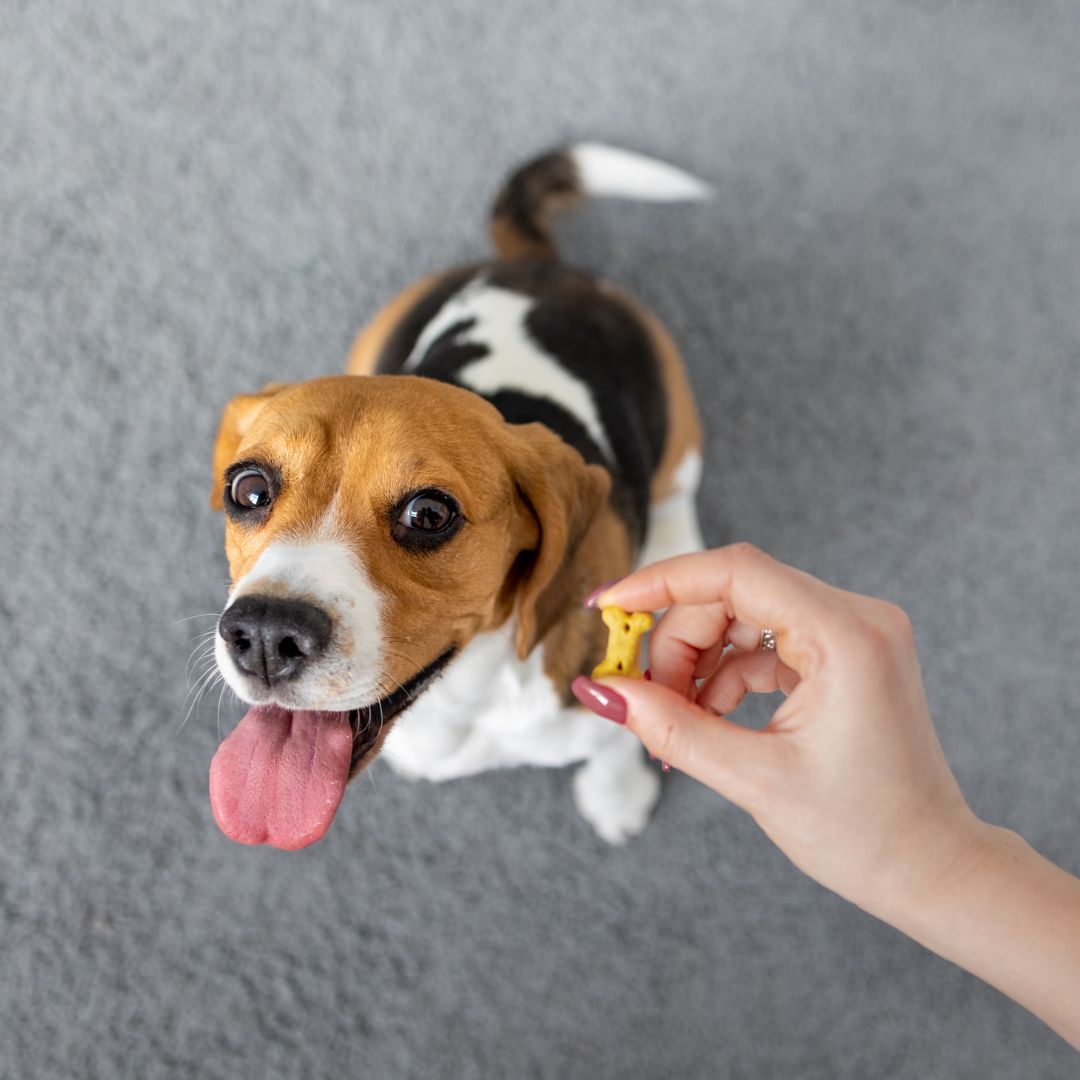
3. Establish a Consistent Routine
Feed your dog at the same times daily to regulate their digestion. Also, take them outside regularly, especially after meals, naps, or play sessions. Observing their behavior to recognize cues that they need to go may also be helpful to prevent accidents.
4. Provide Proper Potty Breaks
Ensure your dog has sufficient opportunities to relieve themselves outdoors. Additionally, puppies and senior dogs may need more frequent breaks, so always pay extra attention to their cues.
5. Avoid Punishment
Accidents are part of the learning process. Punishing your dog can increase stress and make the issue worse.
Managing Anxiety or Stress That May Lead to Accidents
- If anxiety or stress is a contributing factor, consider these tips:
- Create a safe, calm space for your dog to relax.
- Offer plenty of mental and physical stimulation through play and exercise.
- Use calming techniques, such as pheromone sprays or soothing music.
- Be patient and provide reassurance to help them feel secure.
Supplements to Support Digestive Health and Calm
NHV’s natural supplements can be a valuable part of your strategy to address indoor pooping. Here are some options to consider:
- NHV Lesstress: Reduces stress and anxiety naturally.
- NHV Plantaeris: Helps manage digestive upsets and promotes healthy bowel movements.
- Probiotic & Prebiotic: Supports the digestive system and promotes a healthy gut flora.
- TumFlora: Useful for IBD in dogs, food allergies, gastrointestinal ulcers, and bacterial infection of the gut
- NHV Multi Essentials: Supports overall health and boosts the immune system.
How NHV Can Help
At NHV, we understand how challenging it can be when your dog’s behavior changes unexpectedly. Our holistic, veterinarian-formulated supplements are designed to support your pet’s health and well-being naturally. Whether your dog needs digestive support, stress relief, or overall wellness enhancement, NHV’s products are here to help.
If you’re facing a situation with your dog pooping indoors, remember that with patience, understanding, and the right approach, you can resolve the issue. Explore NHV’s range of supplements to give your furry friend the best care possible. Together, we can help your dog stays happy, healthy, and accident-free.

Lesstress for Pets – Stress and Anxiety Support
Lesstress - Helps support pets suffering from stress and anxiety.

Lesstress - Helps support pets suffering from stress and anxiety.
- item number
- ph1050fb
- weight
- 0.7
-
Description
- item number
- ph1050fb
- weight
- 0.7
-
Ingredients
-
Dosage
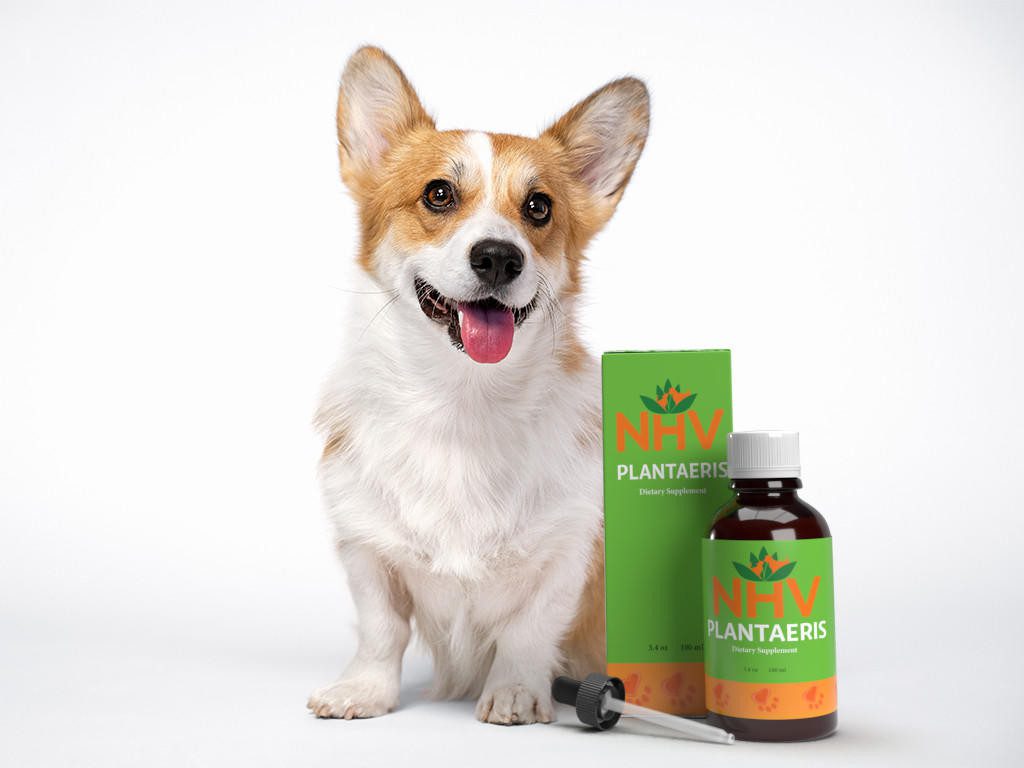
Plantaeris for Pets – Support for Diarrhea
Plantaeris for Pets – Support for Diarrhea
Palntaeris - a natural support of irritable bowel issues and diarrhea

Palntaeris - a natural support of irritable bowel issues and diarrhea
- item number
- ph1350fbd
- weight
- 0.7
-
Description
- item number
- ph1350fbd
- weight
- 0.7
-
Ingredients
-
Dosage
Probiotic for Gut Health

Probiotic & Prebiotic for Dogs
Probiotic & Prebiotic for Dogs
Vet-formulated. Helps with gut, immune, and anxiety support
buy 2 and save $3
4 month supply for a small to medium size pet.
Our sweet pups’ digestive systems are very delicate. That’s why, in times of sickness or stress, they may experience diarrhea, cramping, and bad breath due to an imbalance between beneficial and harmful microbes (e.g. a disease-causing bacteria). NHV Probiotics + Prebiotics for dogs help maintain that balance and support a healthy GI tract in your little one. It comprises of 7 strains of high-quality probiotics, with each scoop containing 5 Billion CFU (Colony Forming Units - the active good bacteria).
- Supports your dog's digestive system and addresses gastrointestinal (GI) issues like diarrhea
- Promotes a healthy gut flora, balances the immune system, and more
- Enriched with prebiotic fiber to nourish good bacteria
- Includes beneficial superfoods such as carrots and pumpkin


Our sweet pups’ digestive systems are very delicate. That’s why, in times of sickness or stress, they may experience diarrhea, cramping, and bad breath due to an imbalance between beneficial and harmful microbes (e.g. a disease-causing bacteria). NHV Probiotics + Prebiotics for dogs help maintain that balance and support a healthy GI tract in your little one. It comprises of 7 strains of high-quality probiotics, with each scoop containing 5 Billion CFU (Colony Forming Units - the active good bacteria).
- Supports your dog's digestive system and addresses gastrointestinal (GI) issues like diarrhea
- Promotes a healthy gut flora, balances the immune system, and more
- Enriched with prebiotic fiber to nourish good bacteria
- Includes beneficial superfoods such as carrots and pumpkin

As pet parents, we are constantly looking for ways to keep our furkiddos happy and healthy. An essential aspect of their well-being often revolves around maintaining a healthy digestive system. Just like in humans, a well-functioning gut is also vital for dogs, impacting their overall health and vitality. Our natural probiotics for dogs can help you achieve that. As a great proactive support, this supplement can be taken long-term to support your pup’s gut health and more.
What Are Prebiotics & Probiotics?
First things first, let’s understand what are the roles of prebiotics and probiotics and their importance. Prebiotics are plant fibers that feed the “good” bacteria that are already in your pup's gut. They aren’t digested and they stay in the colon to promote the growth of beneficial bacteria.
Probiotics, on the other hand, are live bacteria and yeasts that offer numerous health benefits, especially for the digestive system! Essentially, prebiotics are food for probiotics. When ingested, they can help maintain a healthy balance of gut bacteria and support healthy gut function.
How NHV Prebiotics + Probiotics Helps Support Dogs
Now you understand the functions of prebiotics and probiotics individually, how can they work together to benefit your doggo? It could help in the following ways:
- Restoring Balance & Aiding Digestion:
As mentioned, both prebiotics and probiotics help balance the amount of healthy bacteria in your little one. They work synergistically to restore the natural balance of the gut microbiome, ensuring that the friendly bacteria outweigh the harmful ones. This balance is crucial for a healthy digestive tract. It may help ease digestive discomfort and promote smoother digestion.
- Supporting Immunity:
A healthy gut can be very helpful in balancing your pup’s immune system. By maintaining a balanced gut microbiome, prebiotics and probiotics contribute to a stronger immune response, helping your dog fend off disease.
- Addressing Stress & Anxiety:
Ever gotten that sting in your stomach when you’re stressed about something? Turns out, our dogs get that too. They may experience diarrhea in stressful situations like visiting a vet. That’s because stress and anxiety responses may affect the digestive flow of your little one and cause an upset stomach. Prebiotics and probiotics can play a role in supporting these issues.
*As extra support, our vet-formulated pro and prebiotic contains added pumpkin and carrot powder to help enhance the absorption of the supplement!
Natural Support for Your Dog Gut Health
NHV supplements are 100% natural. They contain no artificial additives, preservatives, or chemicals. So rest assured they are completely safe for pet consumption!
Got questions about our probiotics supplement, your pup’s gut health, or anything else in the world of pet wellness? Feel free to reach out!
Add NHV Probiotic & Preboitic for Dogs to your cart now to give your sweetheart the care they deserve!
Additional Probiotics Support for Your Dog Gut Health
Besides prebiotics and probiotics for dogs, keeping them hydrated and opting for whole foods also help support your sweetie’s digestive health. It is also recommended that you always pay attention to the food ingredient labels when you shop for dog food. Look for whole, natural foods with no chemicals!
Our in-house vet can also make some personalized suggestions for your pet if you aren’t sure. Click here for more information.
- item number
- PH9500d
- weight
- 0.23
- volume
- 3.8 oz. (108 grams)
- life stages
- adult, senior, puppy
- form
- powder
- made in
- USA
Probiotics
- Bacillus coagulans LBSC - Beneficial for constipation, diarrhea, gas, indigestion, and irritable bowel syndrome (IBS).
- Bacillus subtilis PLSSC - Helps maintain the balance of healthy gut bacteria.
- Bacillus clausii 088AE - Helps support digestive system disorders like diarrhea, constipation, gastric ulcers, irritable bowel syndrome (IBS)
- Lactobacillus acidophilus 033AE - Helps maintain a healthy gut flora and may help regulate immunity.
- Lactobacillus plantarum 022AE - Helps with irritable bowel syndrome (IBS).
- Lactobacillus casei 118AE - Helps break down food and absorb nutrients.
- Saccharomyces boulardii SBSC - Helps ease digestive discomfort.
Prebiotics
- Fructooligosaccharides (FOS) - Nourishes probiotics and promotes their growth.
- Maltodextrin - Acts as a carrier for probiotics, ensuring their stability.
Inactive Ingredients: Improve supplement absorption
- Pumpkin Powder - A prebiotic source
- Carrot Powder - Loaded with essential nutrients, including vitamins A, K, and C, along with minerals such as potassium, calcium, iron, and dietary fiber.
- Natural Carrot Flavor - Adds a delicious, natural taste to the supplement.
For dogs: by weight
0 - 15 lb = ½ scoop per day (FOUR months supply)
16 - 59 lb = 1 scoop per day (TWO months supply)
60 lb & over = 2 scoops per day (ONE month supply)
How to Administer
Sprinkle over food. It is recommended to start with HALF the dose for 2 days to allow your little one to acclimate to the probiotic.
Product Storage
All NHV Natural Pet Products contain no artificial additives, preservatives, or chemicals. The shelf life after opening is SIX months, and must be refrigerated after opening.
Cautions and Contraindications: Do not use in pregnant or nursing animals. Speak to your vet before using our products. A second visit is recommended if your pet’s condition does not improve, or deteriorates after continued use of the supplements.
-
Description
As pet parents, we are constantly looking for ways to keep our furkiddos happy and healthy. An essential aspect of their well-being often revolves around maintaining a healthy digestive system. Just like in humans, a well-functioning gut is also vital for dogs, impacting their overall health and vitality. Our natural probiotics for dogs can help you achieve that. As a great proactive support, this supplement can be taken long-term to support your pup’s gut health and more.
What Are Prebiotics & Probiotics?
First things first, let’s understand what are the roles of prebiotics and probiotics and their importance. Prebiotics are plant fibers that feed the “good” bacteria that are already in your pup's gut. They aren’t digested and they stay in the colon to promote the growth of beneficial bacteria.
Probiotics, on the other hand, are live bacteria and yeasts that offer numerous health benefits, especially for the digestive system! Essentially, prebiotics are food for probiotics. When ingested, they can help maintain a healthy balance of gut bacteria and support healthy gut function.
How NHV Prebiotics + Probiotics Helps Support Dogs
Now you understand the functions of prebiotics and probiotics individually, how can they work together to benefit your doggo? It could help in the following ways:
- Restoring Balance & Aiding Digestion:
As mentioned, both prebiotics and probiotics help balance the amount of healthy bacteria in your little one. They work synergistically to restore the natural balance of the gut microbiome, ensuring that the friendly bacteria outweigh the harmful ones. This balance is crucial for a healthy digestive tract. It may help ease digestive discomfort and promote smoother digestion.
- Supporting Immunity:
A healthy gut can be very helpful in balancing your pup’s immune system. By maintaining a balanced gut microbiome, prebiotics and probiotics contribute to a stronger immune response, helping your dog fend off disease.
- Addressing Stress & Anxiety:
Ever gotten that sting in your stomach when you’re stressed about something? Turns out, our dogs get that too. They may experience diarrhea in stressful situations like visiting a vet. That’s because stress and anxiety responses may affect the digestive flow of your little one and cause an upset stomach. Prebiotics and probiotics can play a role in supporting these issues.
*As extra support, our vet-formulated pro and prebiotic contains added pumpkin and carrot powder to help enhance the absorption of the supplement!
Natural Support for Your Dog Gut Health
NHV supplements are 100% natural. They contain no artificial additives, preservatives, or chemicals. So rest assured they are completely safe for pet consumption!
Got questions about our probiotics supplement, your pup’s gut health, or anything else in the world of pet wellness? Feel free to reach out!
Add NHV Probiotic & Preboitic for Dogs to your cart now to give your sweetheart the care they deserve!
Additional Probiotics Support for Your Dog Gut Health
Besides prebiotics and probiotics for dogs, keeping them hydrated and opting for whole foods also help support your sweetie’s digestive health. It is also recommended that you always pay attention to the food ingredient labels when you shop for dog food. Look for whole, natural foods with no chemicals!
Our in-house vet can also make some personalized suggestions for your pet if you aren’t sure. Click here for more information.
- item number
- PH9500d
- weight
- 0.23
- volume
- 3.8 oz. (108 grams)
- life stages
- adult, senior, puppy
- form
- powder
- made in
- USA
-
Ingredients
Probiotics
- Bacillus coagulans LBSC - Beneficial for constipation, diarrhea, gas, indigestion, and irritable bowel syndrome (IBS).
- Bacillus subtilis PLSSC - Helps maintain the balance of healthy gut bacteria.
- Bacillus clausii 088AE - Helps support digestive system disorders like diarrhea, constipation, gastric ulcers, irritable bowel syndrome (IBS)
- Lactobacillus acidophilus 033AE - Helps maintain a healthy gut flora and may help regulate immunity.
- Lactobacillus plantarum 022AE - Helps with irritable bowel syndrome (IBS).
- Lactobacillus casei 118AE - Helps break down food and absorb nutrients.
- Saccharomyces boulardii SBSC - Helps ease digestive discomfort.
Prebiotics
- Fructooligosaccharides (FOS) - Nourishes probiotics and promotes their growth.
- Maltodextrin - Acts as a carrier for probiotics, ensuring their stability.
Inactive Ingredients: Improve supplement absorption
- Pumpkin Powder - A prebiotic source
- Carrot Powder - Loaded with essential nutrients, including vitamins A, K, and C, along with minerals such as potassium, calcium, iron, and dietary fiber.
- Natural Carrot Flavor - Adds a delicious, natural taste to the supplement.
-
Dosage
For dogs: by weight
0 - 15 lb = ½ scoop per day (FOUR months supply)
16 - 59 lb = 1 scoop per day (TWO months supply)
60 lb & over = 2 scoops per day (ONE month supply)
How to Administer
Sprinkle over food. It is recommended to start with HALF the dose for 2 days to allow your little one to acclimate to the probiotic.
Product Storage
All NHV Natural Pet Products contain no artificial additives, preservatives, or chemicals. The shelf life after opening is SIX months, and must be refrigerated after opening.
Cautions and Contraindications: Do not use in pregnant or nursing animals. Speak to your vet before using our products. A second visit is recommended if your pet’s condition does not improve, or deteriorates after continued use of the supplements.
Published: January 20, 2025

 USD
USD
 Canadian Dollars
Canadian Dollars



